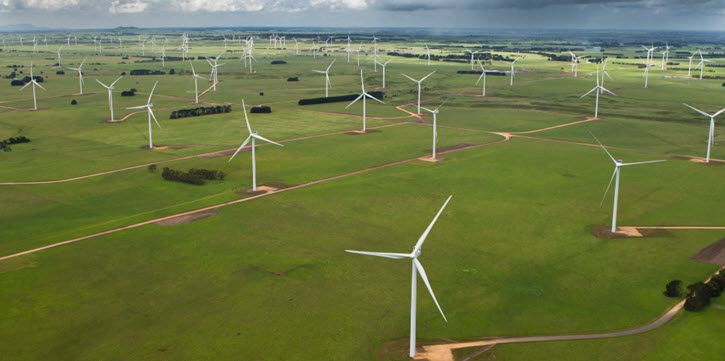Holly Black: Welcome to Morningstar. I'm Holly Black. With me is Amy Arnott. She's a portfolio specialist at Morningstar. Hello.
Amy Arnott: Thanks. It's great to be here.
Black: So, Amy, we're thinking all things thematic investing this week. Can you tell us about some of the current popular trends with investors and why we're so captivated by thematic investing?
Arnott: Sure. So these are funds that focus on a very specific investment area such as clean energy, robotics, marijuana, or gene therapies. They've been popular partly because they have a storyline that's very easy to understand that they're investing in new technologies that have a lot of growth potential. And they've also attracted a lot of attention because of their strong performance over the past year or so.
Black: So that does hit the nail on the head, they have attracted a lot of attention because of performance. But you've done some in depth research about how they've done over the longer term. And what did you find?
Arnott: So if you look at longer term returns, they've actually lagged the world market benchmark over the past 5 and 10 year periods by at least two or three percentage points. So the long-term performance isn't really that impressive.
Black: And why do you think that is?
Arnott: One thing, is it's very difficult to not only identify themes that are going to pay off, but underlying companies, the best companies to invest in to take advantage of that theme. Another issue is because this area is prone to a lot of hype and speculation that can often translate into high stock valuations, which can lead to a lot of volatility as well as weaker returns for investors.
Black: So there are risks in this space, although there are rewards potentially as well. What are some of the considerations investors should think about? If they are wondering whether to put a thematic fund in their portfolio?
Arnott: One important thing is to make sure you're not focusing on an overly narrow theme. One example would be solar power, which, you know, seems like it would have a lot of promise. But a lot of the funds that invested in solar have had fairly severe losses, from time to time. Keeping expenses as low as possible is also extremely important. And then you also want to avoid investing in a specific theme after it's already had a large run up, because that increases the risk that there's going to be a correction eventually.
Black: So one thing that is worth pointing out with thematic funds is they don't tend to have a long shelf life. Why is that?
Arnott: Well, that's definitely true. And we've actually found that if you look back at funds that were launched before 2010, only about half of them are still around. So what happens is, fund companies will often launch these funds when there's a lot of interest in a particular area. But if it doesn't end up working out, they sort of quietly go away. So that ends up making the remaining funds look better, because they tend to be the ones that have had better performance.
Black: So is there a standout thematic fund that kind of encapsulates everything that you found in your research?
Arnott: Sure, I'd point to iShares Global Water ETF it tracks a global index of about 50 of the largest water related companies globally, and also has a lower expense ratio. So for those two reasons, it receives an analyst rating of Silver.
Black: And why does this one score well, when so many thematic funds are maybe neutral rated, or they don't even last long enough to get a rating?
Arnott: Right. I think, you know, the fact that it has a fairly broad focus has been beneficial. The fact that it's passively managed tracking index, and also the low expense ratio has been a major positive.
Black: Amy, fantastic. Thank you so much for your time. From Morningstar I'm Holly Black.




























